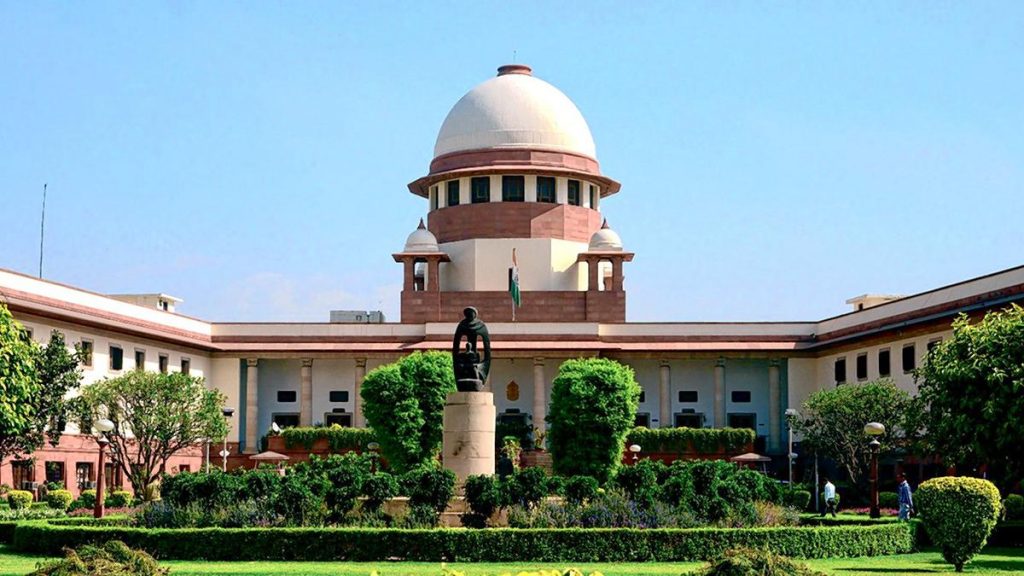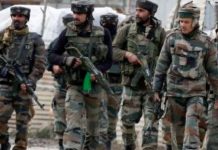
The Supreme Court of India has raised significant queries regarding the bifurcation of Jammu and Kashmir in August 2019, drawing the parallels with situations in Punjab and the Northeast.
Chief Justice DY Chandrachud also expressed concerns about preventing potential misuse of the authority to bifurcate a state, once delegated to the Central government.
During the ongoing hearing of petitions that challenge the annulment of Article 370, which granted special status to Jammu and Kashmir, the centre has argued for its uniqueness.
However, Justice SK Kaul, a member of the five-judge bench led by Justice Chandrachud, highlighted that various Indian states have encountered comparable challenges due to shared borders. Chief Justice Chandrachud questioned the authority of parliament to convert an existing state into a Union Territory.
Moreover, the court emphasized that even if the Constituent Assembly’s role had been merely recommendatory concerning Article 370, the President of India cannot unilaterally override it, underscoring that the “end does not justify the means.”













